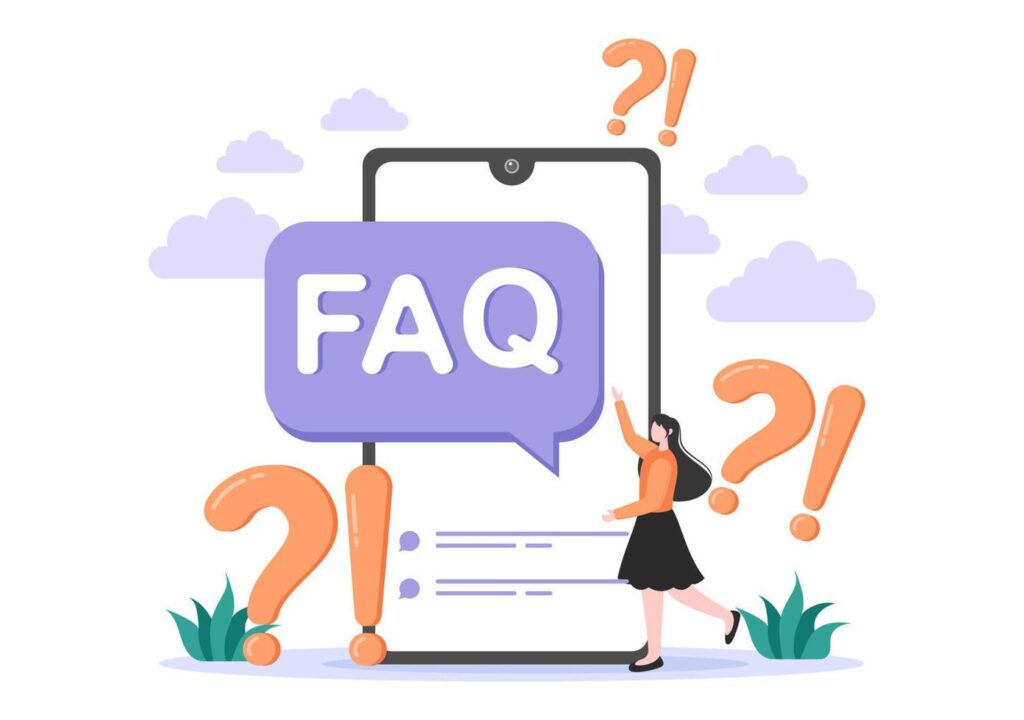- D/802 Titanium Business Park, India
- Mon – Fri: 9:00AM – 7:00PM
- sales@kautilyax.com
Follow Us On:

Proficiency in languages like Python, Java, C++, JavaScript, Ruby, etc.
Knowledge of software development methodologies such as Agile, Scrum, and DevOps.
Experience with HTML, CSS, JavaScript, and frameworks like React, Angular, or Vue.js.
Skills in SQL and NoSQL databases (e.g., MySQL, PostgreSQL, MongoDB).
Understanding of network security, encryption, ethical hacking, and other cybersecurity principles.
Familiarity with AWS, Google Cloud, Azure, and cloud architecture.
Expertise in data analysis tools and languages such as R, Python, and SQL, and familiarity with big data technologies like Hadoop and Spark.
Knowledge of machine learning algorithms, neural networks, and frameworks like TensorFlow or PyTorch.
Understanding of network configuration, protocols, and network management.
Strong written and verbal communication skills for collaboration with team members and stakeholders.
Skills in managing projects, including planning, execution, and delivery.
Flexibility to adapt to new technologies and changing environments.

“I get all my prescriptions through this app. now I never have to waste my time going to a doctors office and sitting around the waiting room!”
Theo James

“I love my dermatologist that I found on this app! She is very professional and it’s so easy to just chat or video call her whenever I need something!”
Emilia Munro

“I downloaded this app when i was super sick and had a doctor write me a prescription within 15 minutes!! What a life-changing app!”
Branden Griffiths

Looking for top-tier web developers? Hire our skilled professionals to bring your vision to life. We specialize in creating stunning, user-friendly websites tailored to your unique needs and goals..
Get In Touch

You can search for job openings by visiting the "Careers" section of the website or by using job search platforms like LinkedIn, Indeed, and Glassdoor. You can filter results based on location, job type, and industry.
To apply, select the desired job position and click the "Apply" button. You'll be asked to submit your resume and fill out an application form. Make sure your resume is up-to-date and tailored to the specific role you're applying for.
After submitting your application, you will receive a confirmation email. You can usually track the status of your application through the company’s job portal, or you may receive updates via email from the hiring team.
Your cover letter should highlight your skills, experience, and enthusiasm for the role. Be specific about why you're a great fit for the position and the company. Tailor each cover letter to the job you're applying for, and keep it concise.